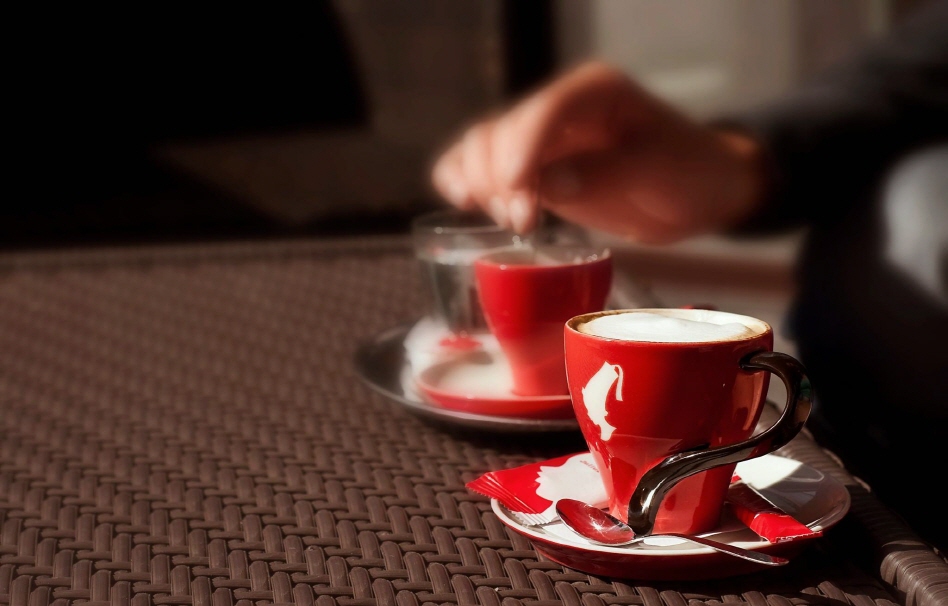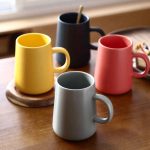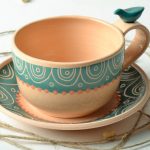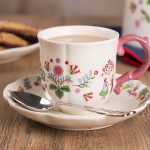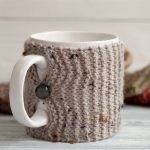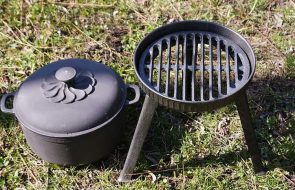The objects that people initially used as containers for various drinks were far from perfect. The vessel could be an animal horn, a large bird's eggshell, or an amber clay product. The "ware" was inconvenient. It did not retain heat and had to be held in the hand all the time. On a flat surface, it would fall over due to instability.

Soon man learned to make dishes that served him for drinking hot and cold drinks and stood stably on a flat surface.
Content
- What is a mug and a cup
- When were the first mugs and cups invented?
- What are cups and mugs made of?
- What is the difference and what is common between a mug and a cup
- What can you drink from cups and mugs
- What is the correct name for a mug without a handle?
- Features of care for cups and mugs
- Conclusion
- VIDEO: Original gift mugs from AliExpress.
What is a mug and a cup
The main determining factor in what distinguishes a cup from a mug is the parameters of the dishware. A mug is traditionally perceived as a vessel of simple geometric shape. Often cylindrical or resembling a truncated cone. Usually, cold and hot drinks are poured. For example, tea, juices, beer. The first hot dishes are not suitable for mugs.
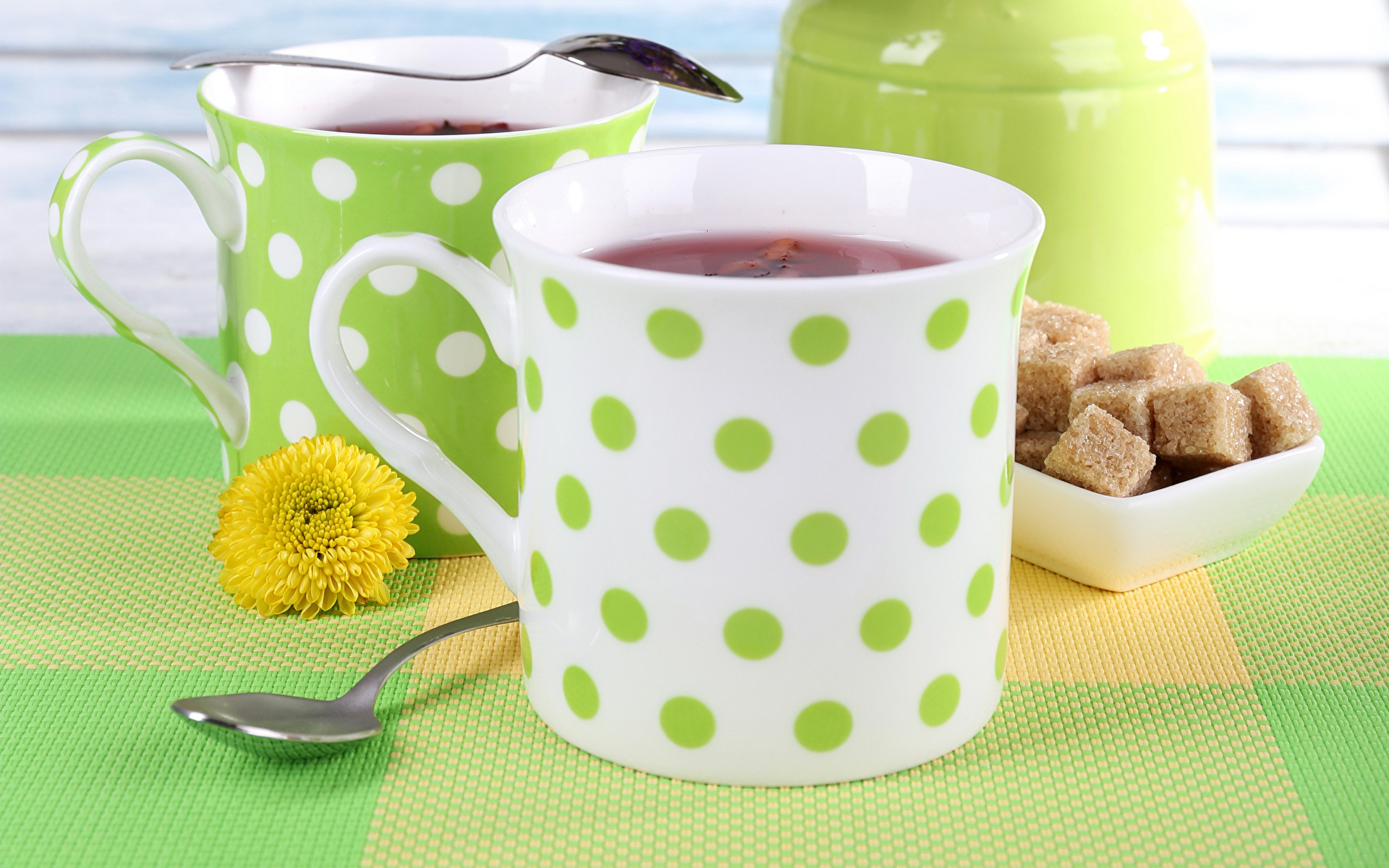
Such containers have a larger capacity. They are stable and have a handle for convenience.
Important! In different countries, both containers can perform the same functions. This is correct, but it causes confusion. In some countries, the tableware intended for tea and coffee is understood by people as a cup. In other countries, a container with the same functionality is called a mug.
When were the first mugs and cups invented?
The very first cups were intended for royalty. They were used to pour noble wines. They were made of porcelain or clay. The vessel had no handle, its shape was flat and it was more like a saucer. Handles appeared in the 18th century. The idea belonged to the English. Now they could comfortably enjoy fresh hot drinks.
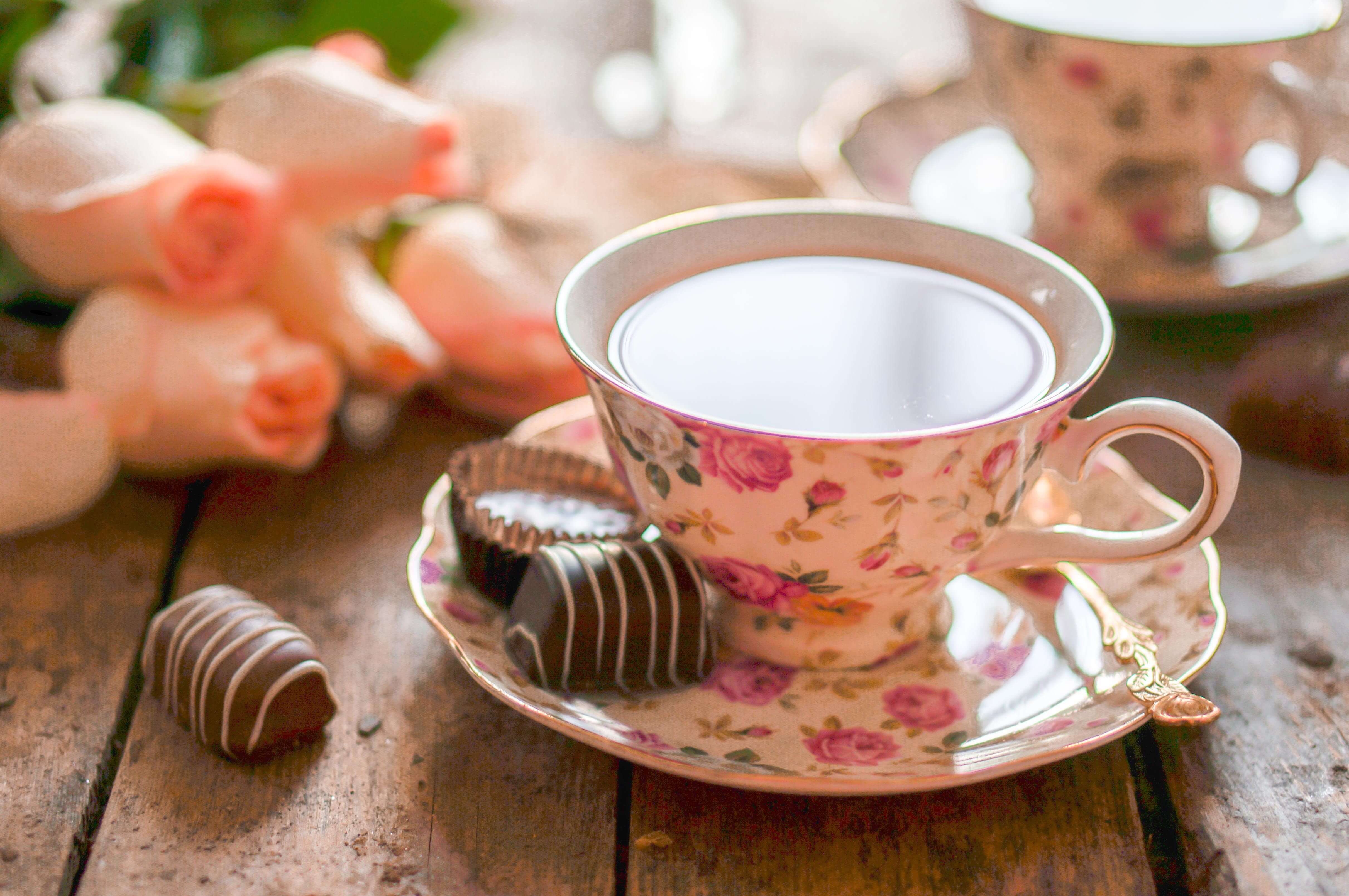
The first mugs appeared in China. The appearance of the first samples differed from modern products, but the functions remained the same. They were related to peasant life and the life of the wealthy class.
Similar items of the 15th century resembled mini jugs with a cylindrical shape. In the 19th century, an aluminum mug appeared, which became very popular. Its volume was up to 500 ml., so it often served as a vessel for collecting water for cooking.
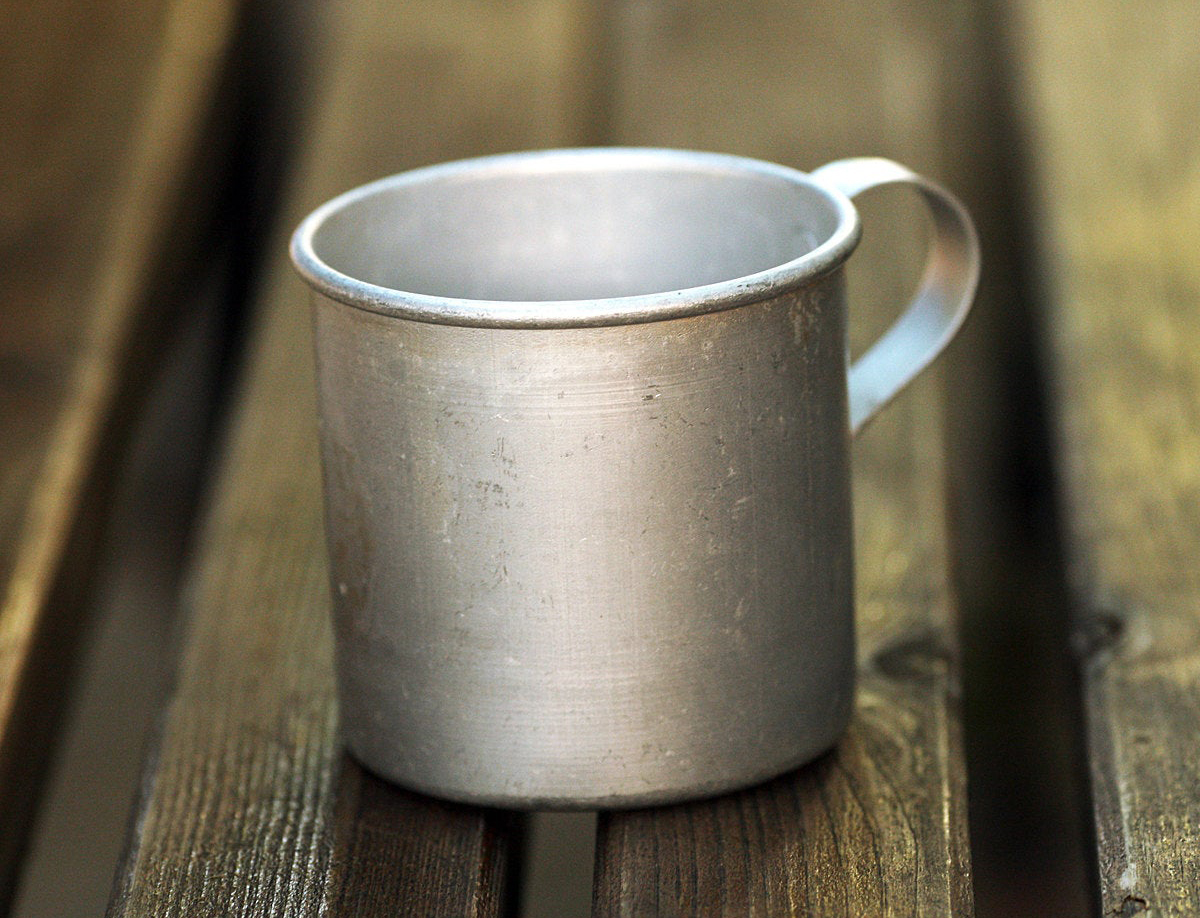
Before the adoption of Christianity, in Rus', a mug was used to measure the amount of liquids (mead, water). Its volume was 1.23 liters. Clay varieties with a wide, elongated shape, which had no handles, were called "charkas" in Rus'.
What are cups and mugs made of?
Cups and mugs have walls of varying thickness. The bottom of small containers is round, horizontal on the outside. This allows you to place the products on a table or other horizontal surfaces. The cup has a handle for drinking hot drinks. It often comes with a saucer.
Mugs can also have handles or do without them. Thick walls allow a person to comfortably hold such an object in his hand at the moment when there is a scalding drink inside.
What is the difference and what is common between a mug and a cup
There are several signs by which one can determine the difference between a cup and a mug.
- The first difference is the thickness of the walls. The mug has thicker walls, which allows the vessel to keep the drink hot longer. The cup has thin walls, and the drink cools down faster.
- The vessels are distinguished by their volume. On average, a cup can be filled to 180 ml, which is the volume parameter of standard dishes. The capacity of the container depends to a certain extent on the drink that is poured into the vessel. The smallest variety has a volume of no more than 50 ml.
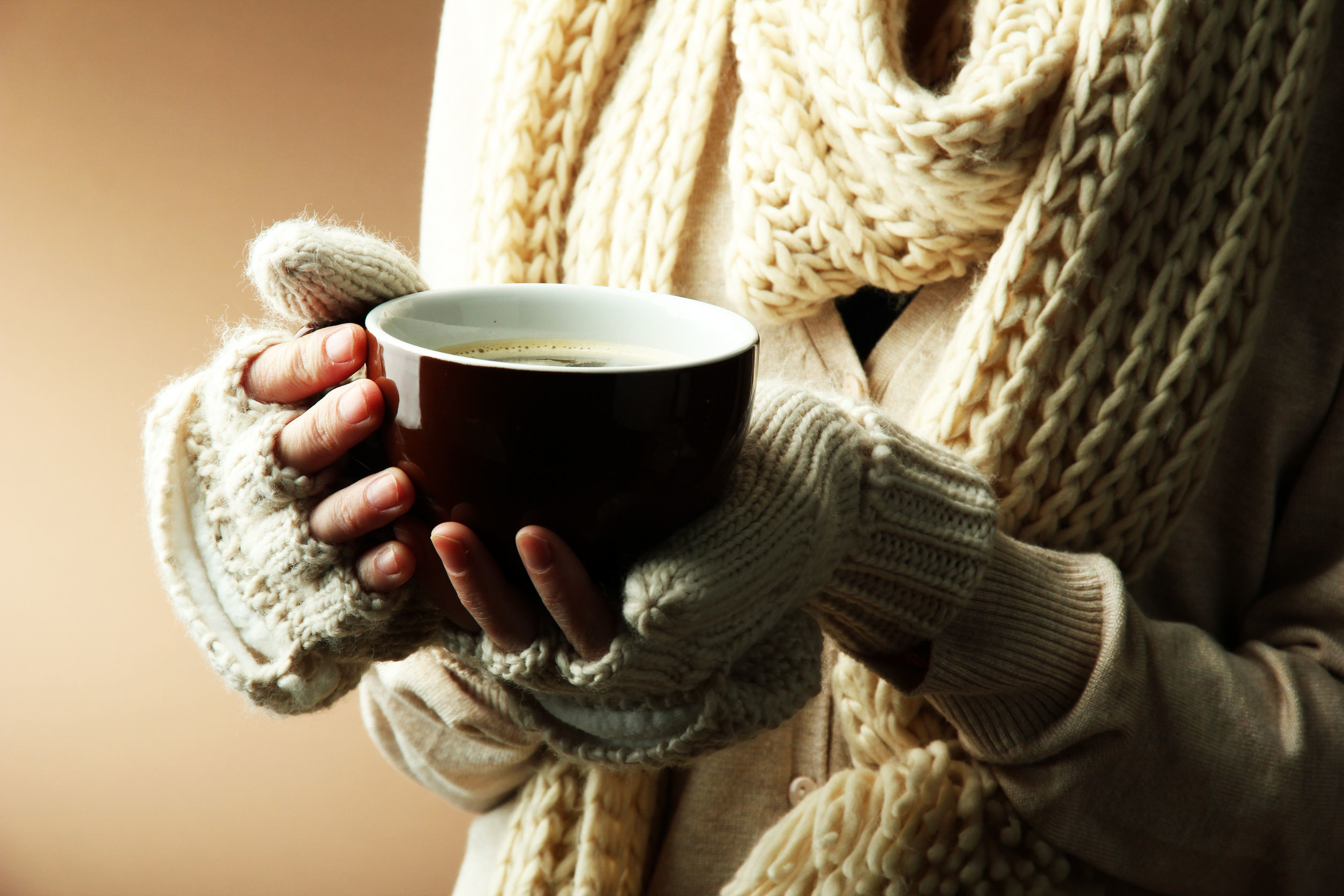
A standard mug of medium size has a capacity of 250 to 500 ml.
- The cup comes with a saucer. This is due to the heating of the thin walls of this type of dish. When hot tea or coffee is poured into it, the drinks are given a little time to cool down. But if you don’t want to wait, you can pour the hot drink into the saucer. The simplest version of the set is a wide saucer with raised edges and a cup with a flat wide bottom, which can be conveniently placed both on the saucer and on the table.
- A mug is a simpler vessel for everyday use. Cups, if they are part of a service, are bought for special occasions, served in restaurants and cafes.
- Mugs are not associated with a specific purpose. Any drinks are poured into them in volumes suitable for the containers. Cups, according to etiquette, may have certain conditions of use. Rare varieties of tea and coffee can be poured into them.
- The shape of the cup resembles a hemisphere. The mug can be distinguished by the fact that it can be compared to an elongated cylinder.
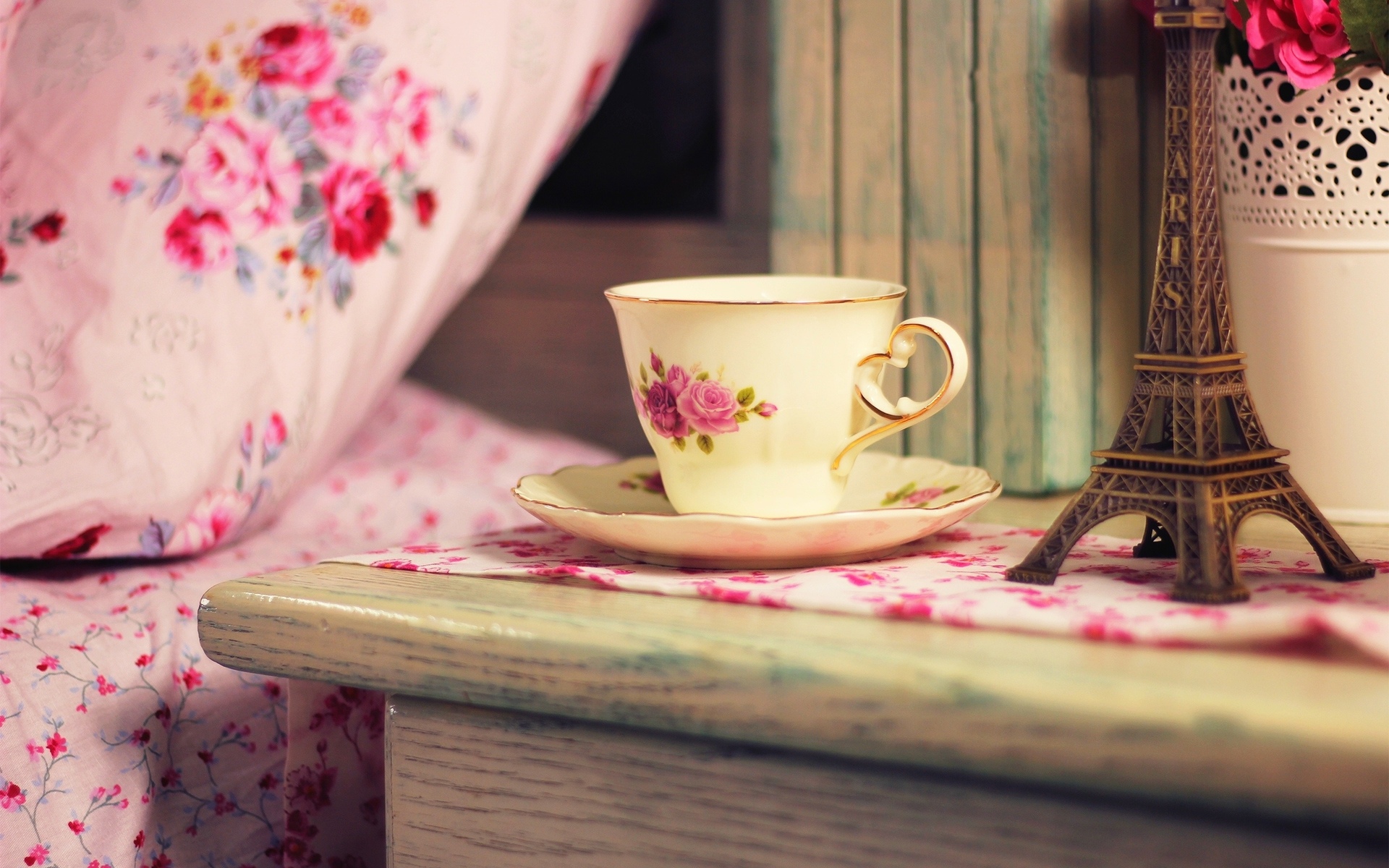
What can you drink from cups and mugs
Modern culture does not set strict rules about what drinks to drink from what glassware. People use what is most convenient for them, what gives them comfort.
Broth cups
Observations force us to admit that people can use both types of dishes equally, but there are times when only one type is suitable for a certain drink.
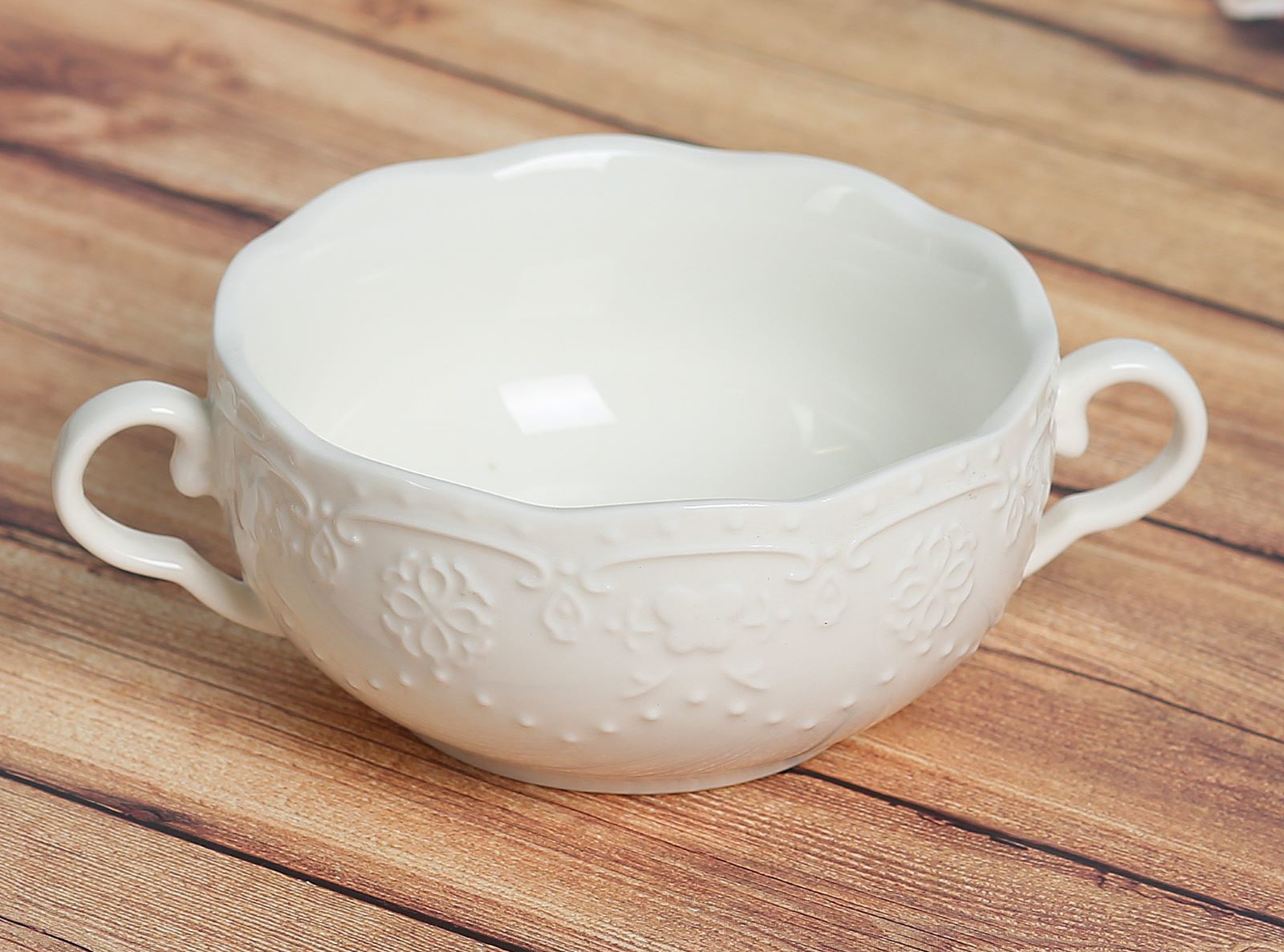
For example, some cups are more suitable for hot broth. They have two handles at once. Often they are held for only one purpose - to eat hot liquid first courses from them.
Beer mugs
Large mugs with a capacity of more than 250 ml are called "beer mugs". They are made of clay, glass. They have a thick handle that covers the entire height of the mug. The standard version is a faceted glass mug. Beer is drunk from this.
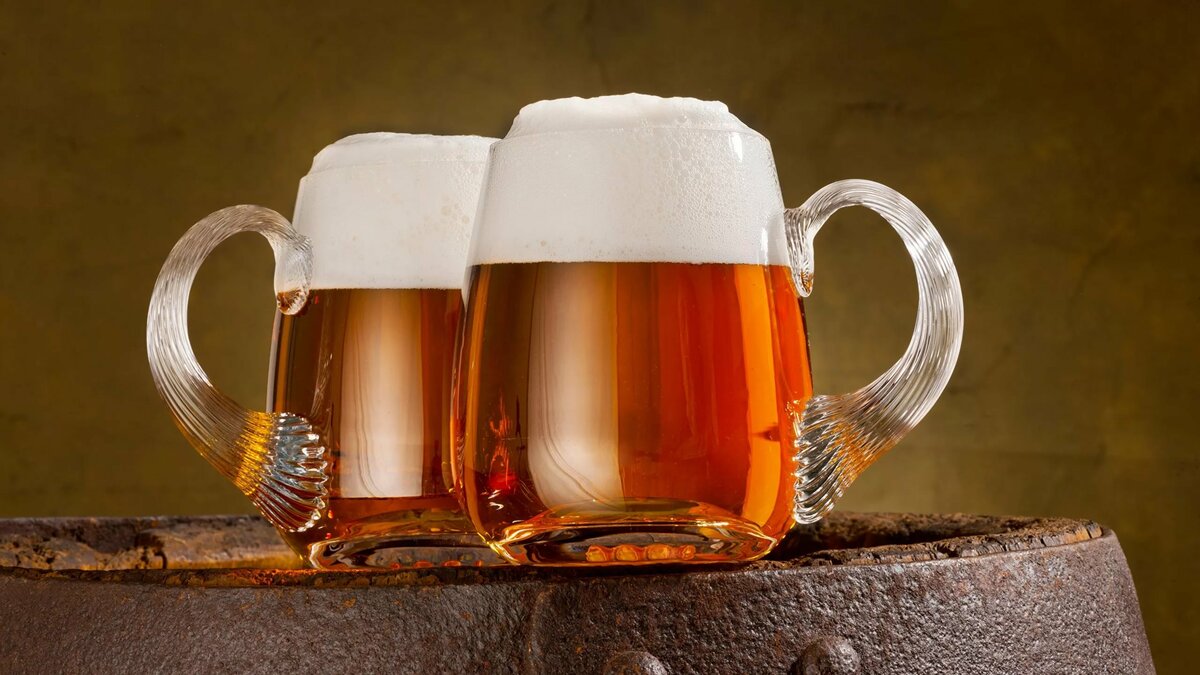
Tea cups and mugs
Most often, at home, standard cups and mugs are used, intended for drinking tea or coffee. Their volume allows them to hold a small amount of aromatic hot drink. Having thin walls, they do not retain heat for long. Hot tea, coffee in a cup quickly cools down. Hence the conclusion - this is a type of tableware designed for quick consumption of a hot drink.
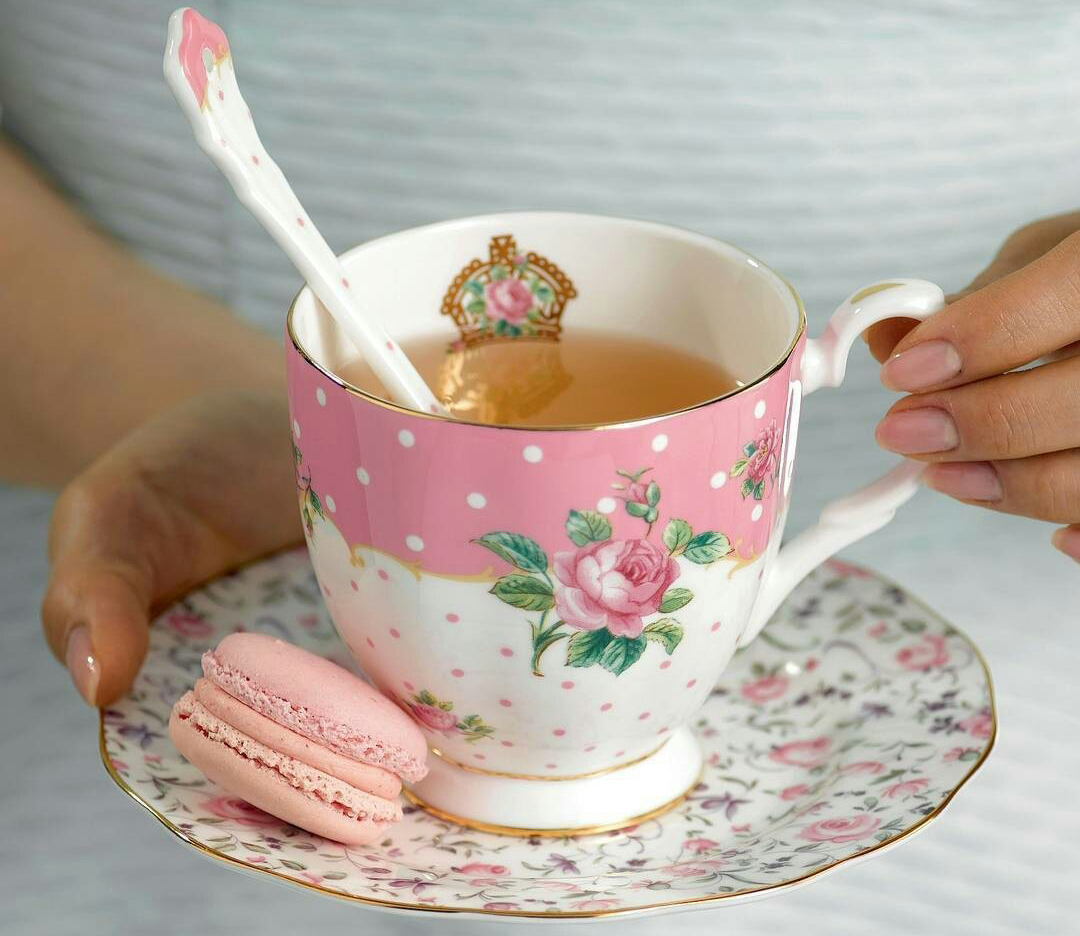
The mug, due to its volume, does not limit the consumer in the desire to enjoy hot tea, coffee longer. A person can drink favorite drinks from a mug in large quantities. The thick walls of the mug retain the heat of the drink for a long time. In addition, the mug can be a dish that allows simultaneous brewing and drinking of liquid.
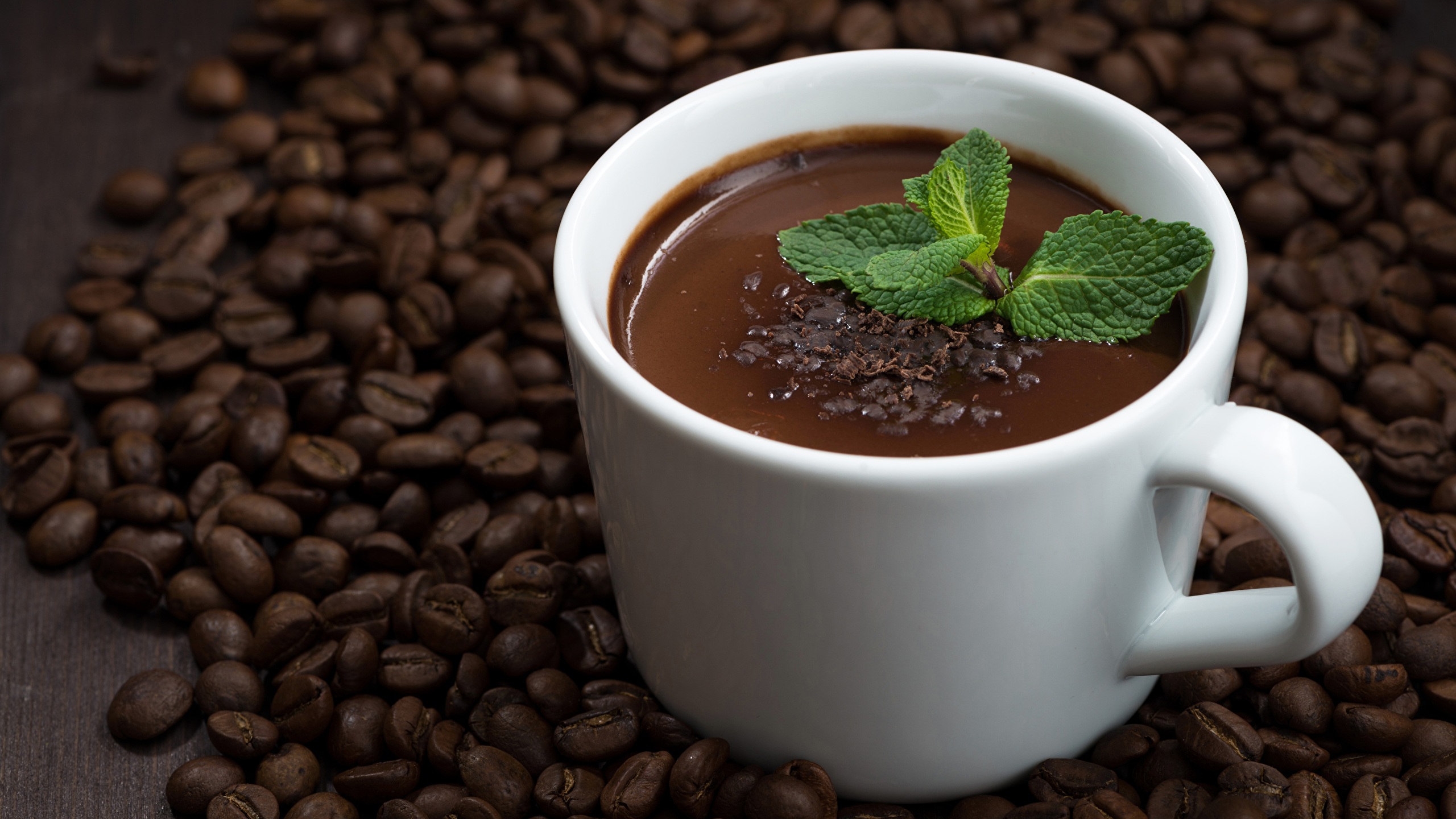
As an example, we can name several well-known names of coffee drinks, as well as types of tea that are drunk from tea cups. Among coffees, these are espresso, latte and Americano. Tea today is usually bought in tea bags, which are brewed directly in the cup, or in large leaf form. In the latter case, tea is brewed in a teapot, which is served separately.
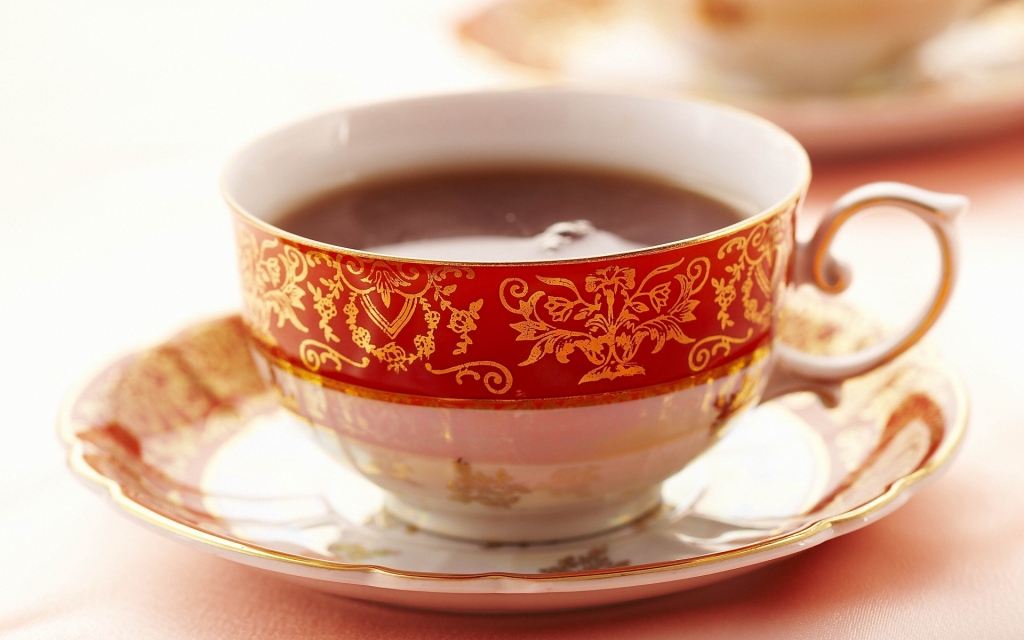
For cold drinks, it is recommended to use bowls. In Japan, sake is drunk from such vessels. You can also try Japanese vodka from bowls in Russia by visiting a Japanese restaurant. The preparation and serving of sake is a whole ceremony.
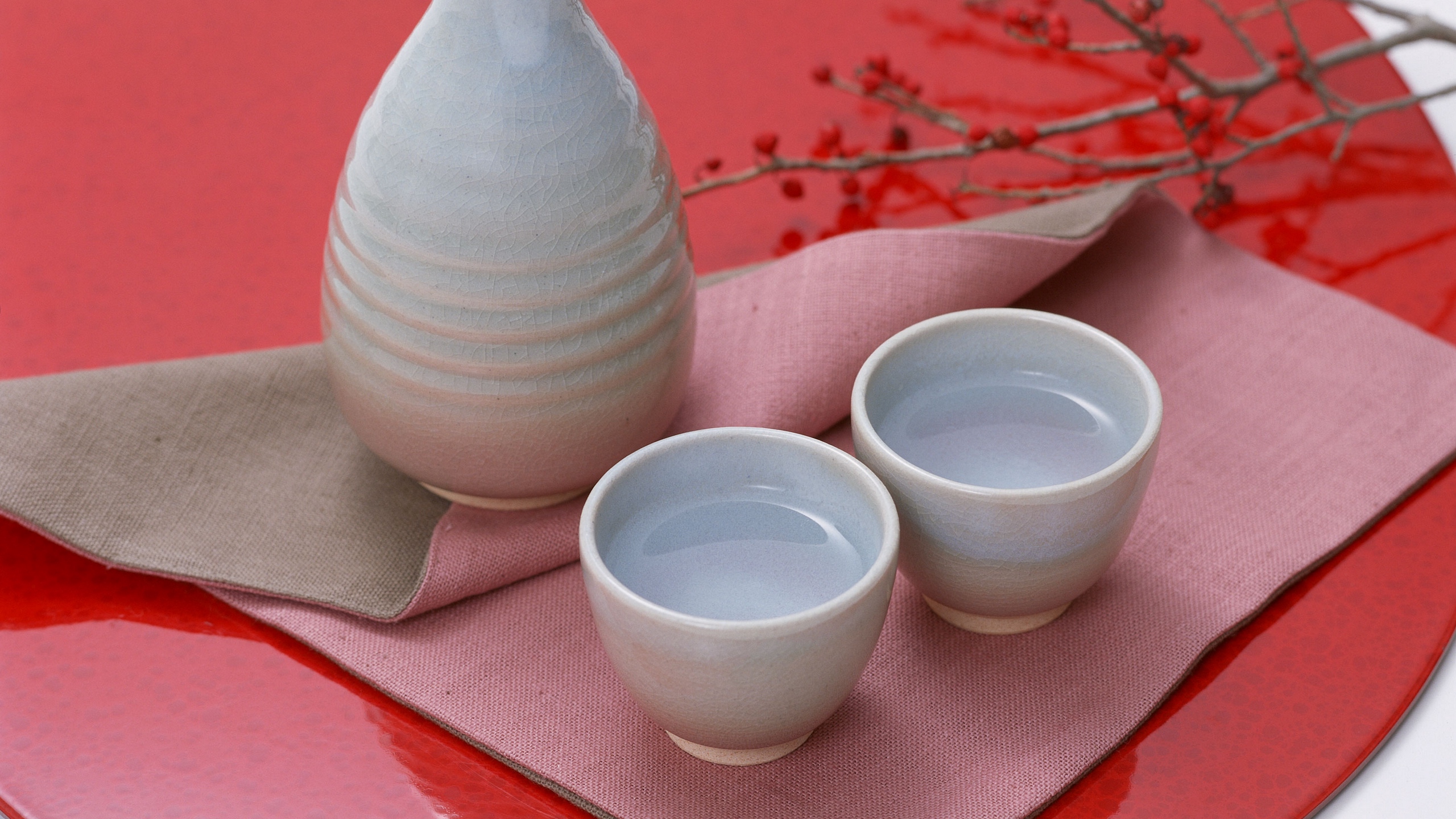
There are also ceremonies in the culture of drinking tea from cups. In addition to the fact that other dishes cannot be used in them except cups, there are rules that must be followed. These same rules tacitly exist for ordinary tea drinking.
- The teaspoon should not be in the cup during and after tea drinking.
- When grasping a tea handle with your fingers, one finger is not bent. This was considered appropriate only during the Victorian era.
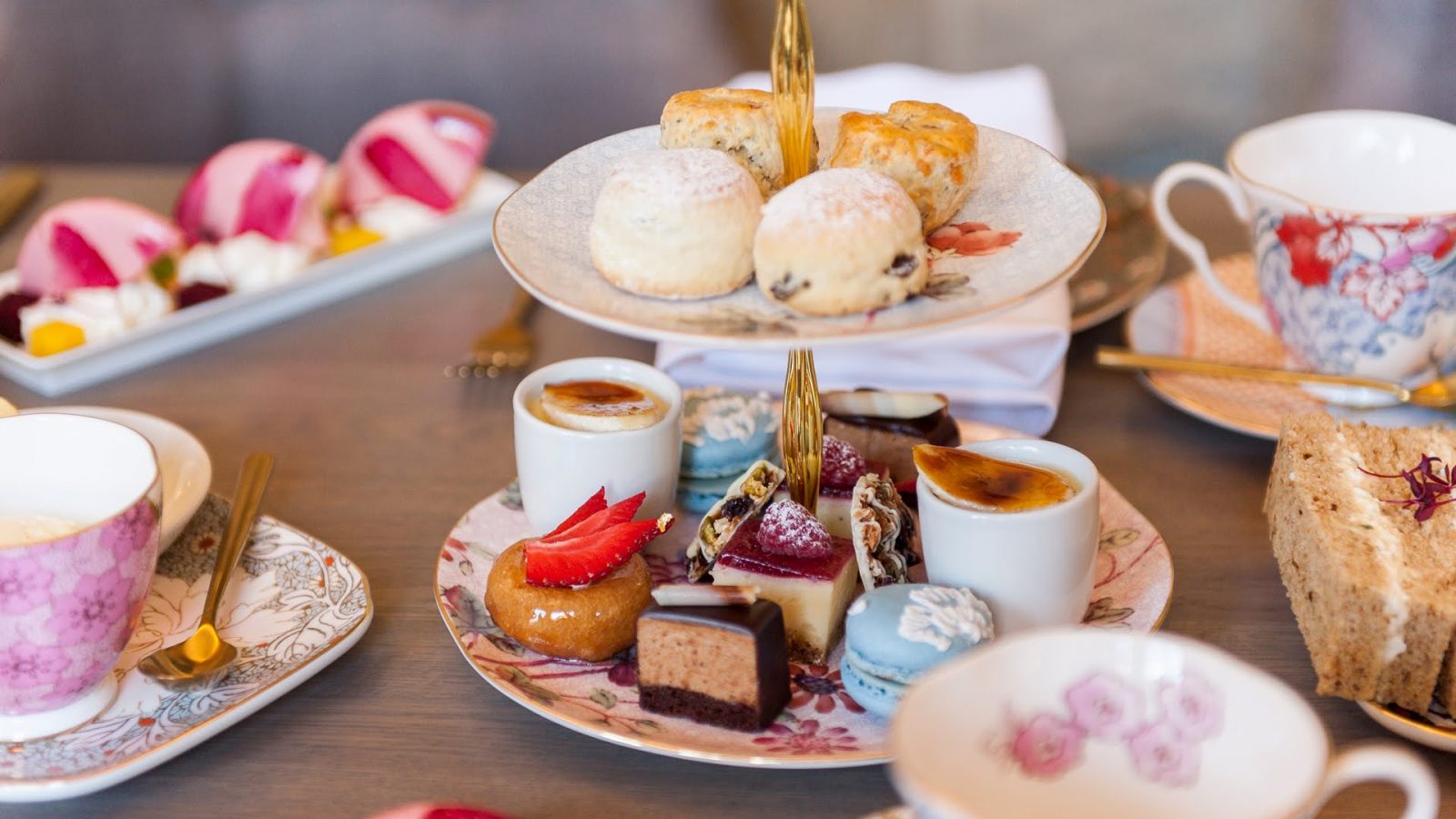
What is the correct name for a mug without a handle?
This type of mug is usually called a bowl. It is a kind of cup without handles. It has a hemispherical or truncated conical shape. This type of tableware is used for drinks, first courses. It can be used to store food.
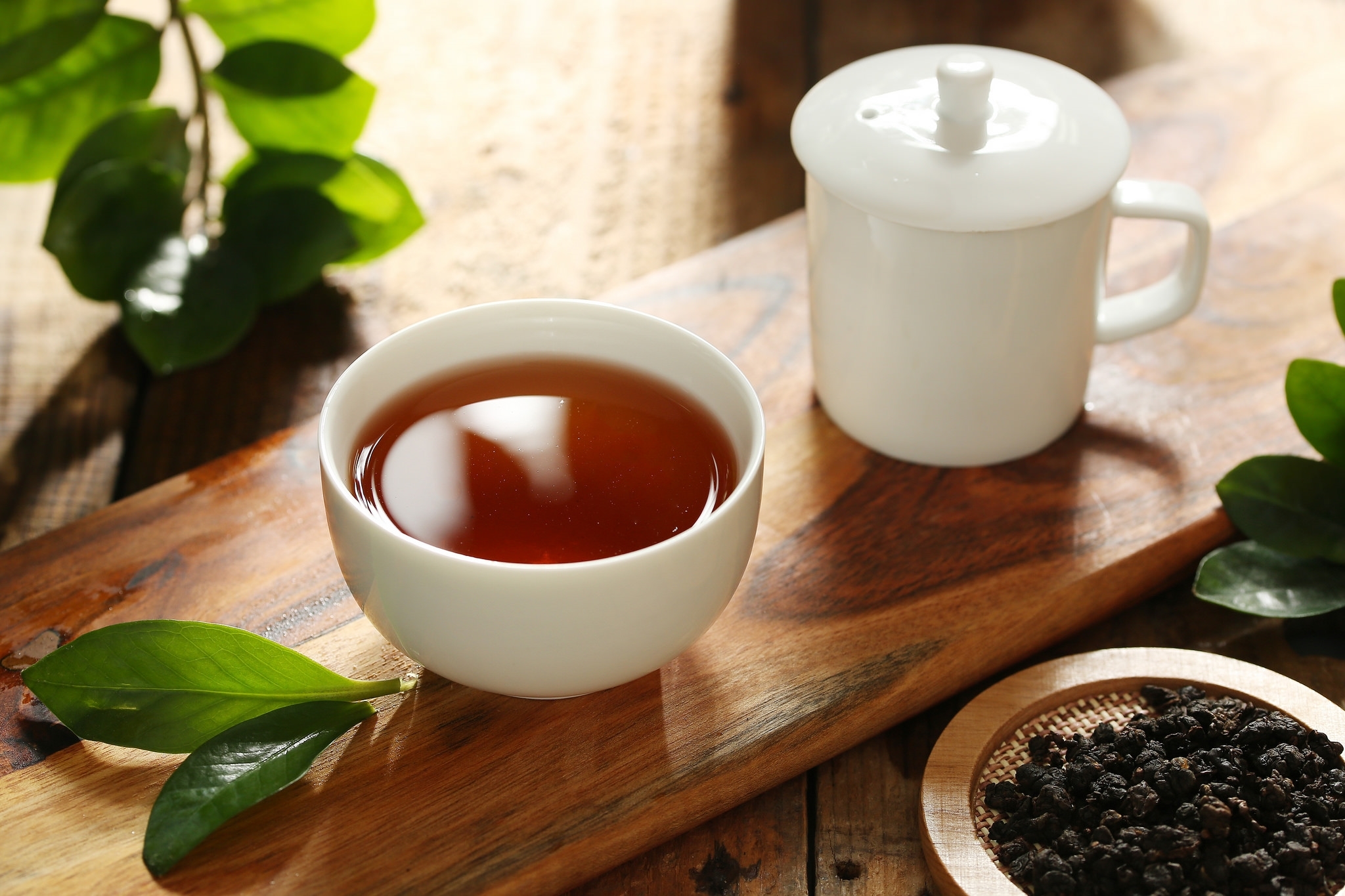
Bowls were known even before our era. Their origin is attributed to the second half of the 1st millennium. The first dishes of this type were made by potters from clay. Modern examples are mainly factory-made products.
A bowl is not always associated with a mug. Despite the fact that the density of its walls allows a hot drink to retain heat for a long time and the volume can be quite large. Many people, when asked what a cup without handles is, also call it a bowl.
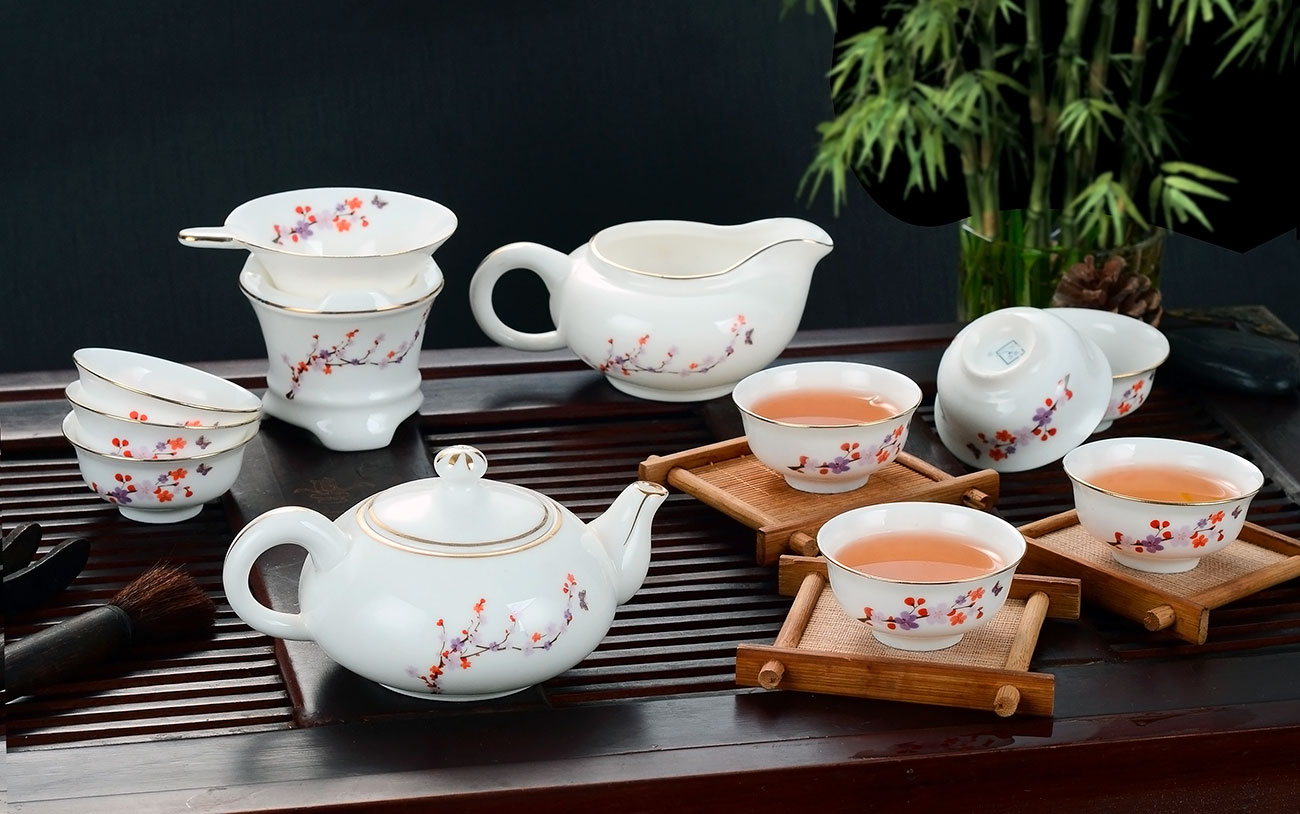
Please note! The bowl has many purposes. In different countries it is used both as a vessel for tea and as a dish for food. For example, in Asian countries it is often called an Asian tea cup or a rice bowl.
Features of care for cups and mugs
Cups are usually made with a white inner coating. This is done with ordinary clay, ceramic and porcelain dishes. After drinking tea or coffee from them, a film remains on the inner walls. The same thing happens if you drink concentrated juices from them. The dishes will look unsightly. If you do not wash them, the film will firmly adhere to the surface and you can only get rid of it by working hard with a sponge.
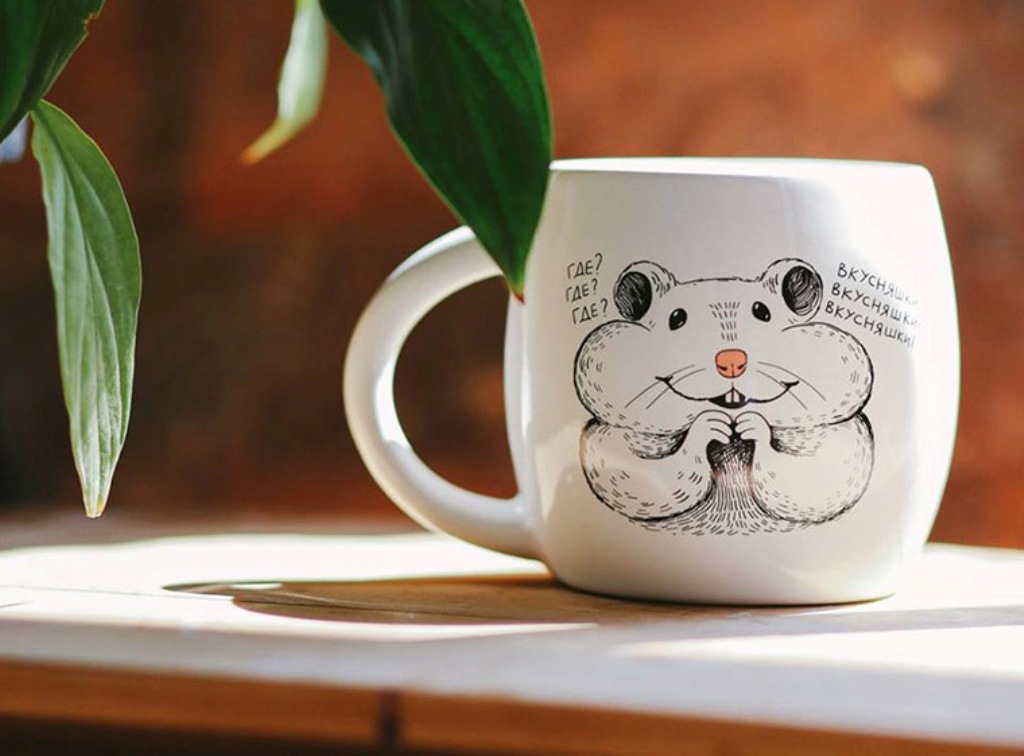
Tea utensils should be washed immediately after they have been used for their intended purpose, without waiting too long.
The mugs can have either a light or identical interior coating. Due to their durability, they can be washed in dishwashers, placing them in separate compartments. The same applies to other various tea utensils with thick walls.

Various means are used for washing. They may differ, but must be safe for humans and have an effective cleaning result. Today, such qualities are attributed to the washing gel "Fairy" with a safe composition.
There are types of dishes that require only manual care. These are items made of porcelain. This requirement applies to all porcelain dishes. In this case, you cannot use a dishwasher. Porcelain items have very thin walls. Sharp streams of water that splash on the dishes inside the machine after switching on can damage them.
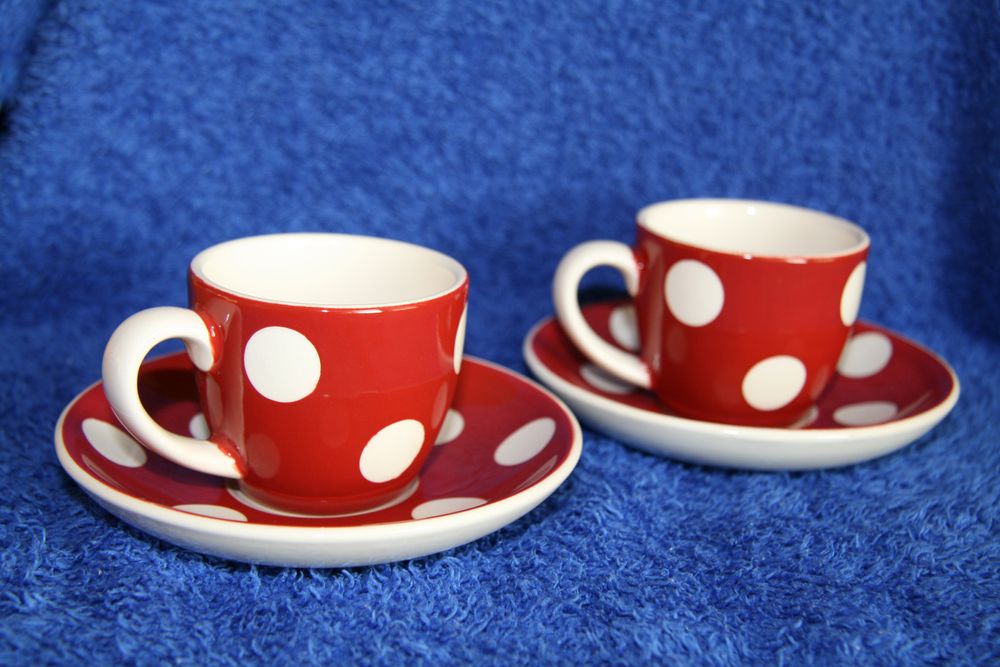
Porcelain is washed carefully in warm water with soft sponges. Then it is placed on the table upside down to drain the water. A special absorbent towel should be purchased.
Conclusion
It is not difficult to distinguish between types of tableware for drinking hot and cold drinks. The criteria for differences can be shape, volume, and material of manufacture. It is worth remembering that there is no single clear division between such products. Everything depends on the historical perception of such items by a particular nationality.
